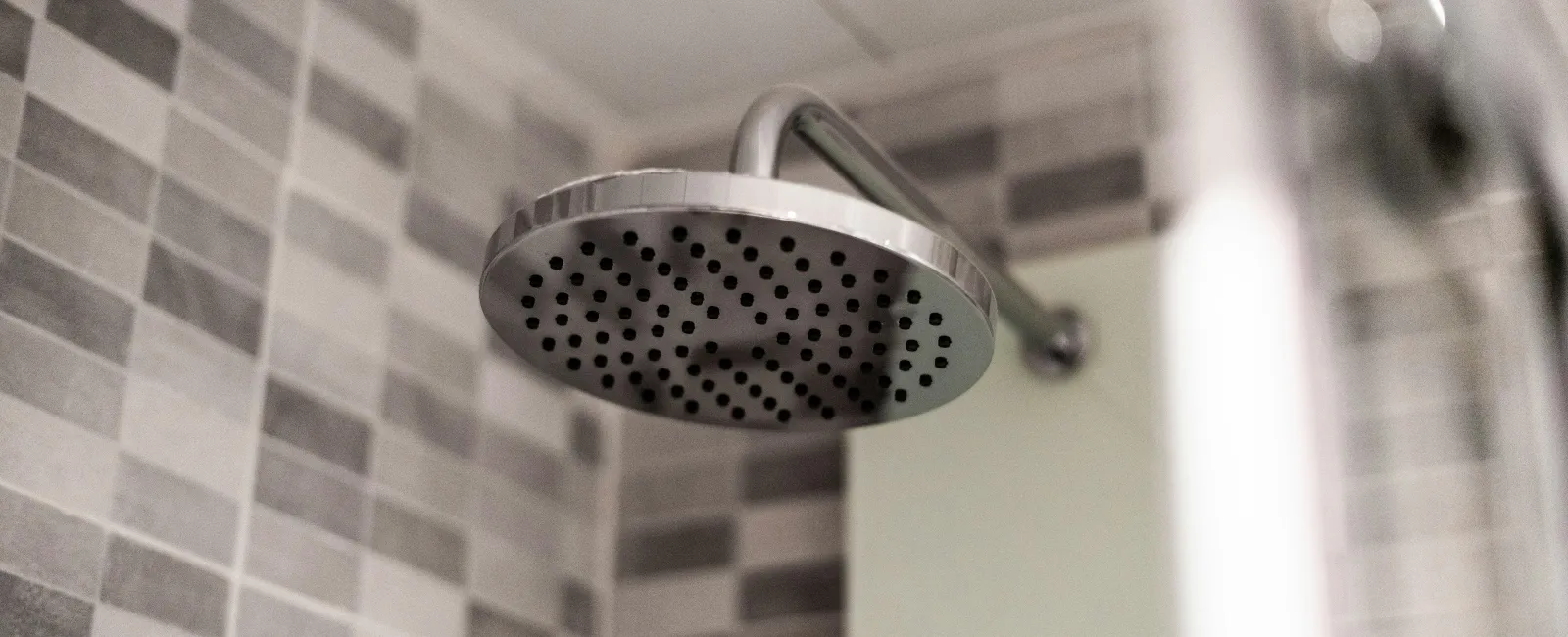What is That Knocking Noise in Your Water Pipes
Water hammer is a loud banging or knocking noise in your pipes caused by a sudden change in water flow, usually when the water is turned off or on. This issue occurs when the water flow is abruptly stopped, creating a shockwave reverberating through your plumbing system. Although it may seem minor, water hammer can lead to severe plumbing damage if not addressed. Understanding what causes water hammer and how to fix it is crucial for protecting your home's plumbing system and preventing costly repairs.
What Causes Water Hammer?
At its core, water hammer is caused by a sudden change in water flow within your pipes. When water moves through your pipes at high speed and is abruptly stopped by a closed valve, it creates a shockwave. This shockwave produces a knocking or banging sound, forcing the water to slam against the pipe walls or nearby valves or fittings.
Several factors can contribute to this:
- High water pressure: If the water pressure in your home is too high, it can lead to faster-moving water, making the sudden stop more forceful.
- Loose pipes: Pipes that are not adequately secured can move when subjected to the shockwave caused by water hammer, making the noise more noticeable.
- Worn-out valves: Old or malfunctioning valves can fail to close smoothly, creating the perfect conditions for water hammer.
Signs of Water Hammer
You may notice your pipes making noise when the water is turned off, but other symptoms indicate you might have a water hammer issue. These include:
- Banging or knocking noises: This is the most common symptom and can occur when water is shut off abruptly.
- Vibrating pipes: You may feel or see your pipes vibrating after you close a faucet.
- Frequent valve failure: If your valves are wearing out faster than expected, it could be a sign that water hammer is causing extra strain.
If left unaddressed, water hammer can damage your plumbing system over time, including burst pipes, leaking joints, and damaged valves.
How to Fix Water Hammer
Fixing water hammer is not just about eliminating the annoying sounds but also about preventing potential damage to your plumbing system. Below are several effective ways to tackle this problem:
1. Install a Water Hammer Arrestor
Installing a water hammer arrestor is one of the most effective ways to stop pipes from knocking when the water is turned on or off. These devices absorb the shock wave created when water flow is suddenly stopped, preventing it from traveling through your pipes and making a banging noise.
A water hammer arrestor is typically installed near valves or frequently opened and closed appliances, such as washing machines or dishwashers.
2. Secure Loose Pipes
If your water pipes are knocking due to loose pipes, securing them properly is essential. Over time, the movement caused by water hammers can loosen pipes from their supports. Adding pipe straps or brackets at regular intervals can prevent this movement and reduce the noise.
3. Reduce Water Pressure
High water pressure can exacerbate the effects of the water hammer. Install a pressure-reducing valve (PRV) on your main water supply line to address this. This valve will regulate the water pressure in your home, ensuring it stays within a safe range and reducing the risk of banging pipes.
Lowering the water pressure will not only help fix the water hammer but can also prolong the life of your plumbing system.
4. Drain the Plumbing System
Sometimes, the air in the pipes can create conditions that worsen the water hammer. To eliminate this, you can try draining your entire plumbing system. Here's how to do it:
- Turn off the main water supply.
- Open all faucets in your home, starting with the highest floor and working your way down.
- Once the water has drained completely, turn the water supply back on.
This process allows any trapped air to escape, reducing the likelihood of pipes making noise when the water is turned off.
Why Do My Water Pipes Bang?
The answer is often related to the physics of water flow and pressure. When water is stopped suddenly, the energy that was pushing it forward has to go somewhere, and it often releases itself through vibration and noise. This issue is particularly prone in older homes or homes with high water pressure.
Here's a breakdown of common causes for water pipes knocking:
- Rapid valve closure: The faster a valve closes, the more likely it is to cause a water hammer. This is especially true with automatic valves, like dishwashers or washing machines.
- Improper pipe sizing: Pipes that are too small for the amount of water flowing through them can cause turbulence and pressure surges, which can cause water hammer.
- Lack of air chambers: Air chambers absorb shock waves in some plumbing systems. Over time, these chambers can become waterlogged and ineffective, leading to banging pipes.
Preventing Future Water Hammer Problems
Once you've learned how to fix banging water pipes, taking preventive measures is crucial to ensure the problem doesn't return. Here are a few long-term solutions:
1. Regularly Check Water Pressure
Maintaining your water pressure safely (generally between 40 and 60 psi) can prevent many issues, including water hammer. Invest in a pressure gauge to monitor your home's water pressure and adjust it using a pressure-reducing valve.
2. Upgrade Old Valves
Older homes may have outdated valves that close too quickly, causing water hammer. Consider upgrading to modern, slow-closing valves that gradually shut off water flow, reducing the risk of shockwaves.
3. Install Air Chambers
If your plumbing system doesn't have air chambers, installing them can help prevent knocking pipes. These chambers create an air cushion that absorbs the shock wave and keeps it from traveling through your pipes.
4. Regular Maintenance
Like any other part of your home, your plumbing system requires regular maintenance to function optimally. Routinely checking for loose pipes, leaks, or signs of wear can help you catch potential water hammer issues before they escalate.
When to Call a Professional
While a handy homeowner can handle many water hammer fixes, there are times when it's best to call in a professional plumber. If you've tried the solutions above and are still dealing with knocking pipes, or if you suspect that the water hammer has damaged your plumbing system, a licensed plumber can assess the situation and recommend more advanced solutions.
Persistent water hammer can sometimes indicate deeper plumbing issues that require specialized tools and expertise to resolve.
Conclusion
Water hammer is more than just an annoying sound—it can be a sign of potential plumbing problems that, if left untreated, may lead to costly repairs. By understanding what causes water hammer and how to fix it, you can take proactive steps to protect your home's plumbing system.
Whether installing a water hammer arrestor, securing loose pipes, or simply reducing your water pressure, addressing the issue early will save you time, money, and frustration in the long run. With the proper knowledge and tools, you can enjoy a quieter, more efficient plumbing system free from the disruptive noises of banging pipes.


